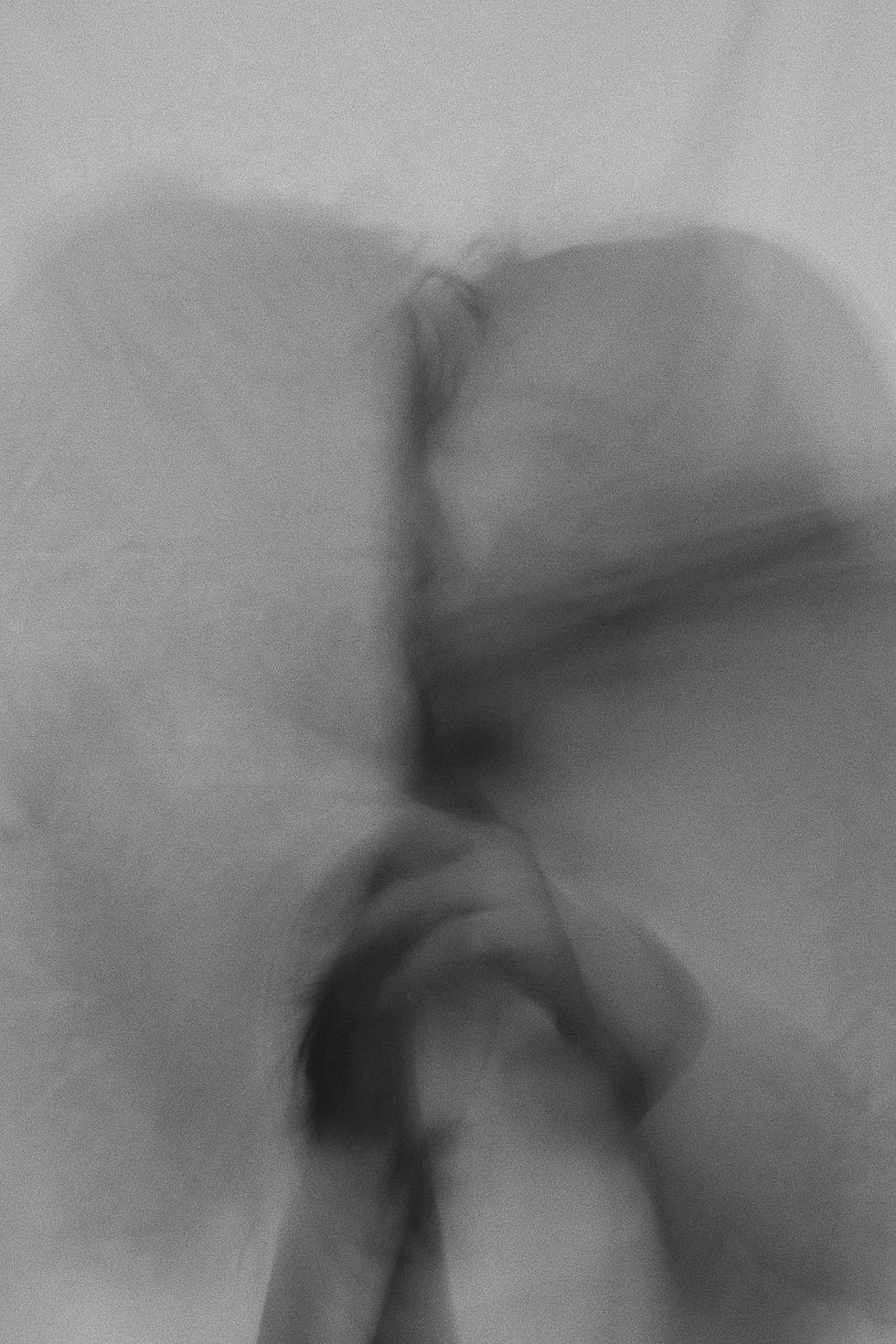When Our Wounds and Stories Meet Each Other
- Jenn Jones
- Oct 28, 2025
- 3 min read
In survivor communities, we are often gathering with wounds that have never been fully tended to. Everyone enters the room carrying layers of history, memory, and protection. We come longing for connection, recognition, and shared understanding. We come hoping to belong.
And in that shared tenderness, something very human can happen. Our old survival strategies come with us. The ways we learned to stay safe. The ways we learned to make sense of chaos. The ways we learned to identify threat.
Sometimes, when someone’s behavior touches something raw in us, our nervous system reacts before we even have time to think through what is happening. We might feel overwhelmed. Or we might feel afraid. Or we might feel the echo of someone from our past. And without even meaning to, we might assign meaning to another person that does not quite belong to them.
This is where the stories start to form.
People can create narratives to protect their own sense of self. Sometimes that looks like making someone else the problem. Not because they are trying to harm. Not because they are malicious. But because they are trying to stay safe inside their own bodymind.
And I want to be honest here. I have been on both sides of this. I have made stories out of my own fear. I have mistaken someone’s discomfort for harm. I have created villains out of misunderstandings and unspoken expectations. And I know I am probably a villain in someone else’s story too. None of this feels good. But it is part of what happens when our wounds are still close to the surface and we are trying to find our way back to connection.
This can feel devastating when you are the one who becomes part of someone else’s protective story. You may recognize that the narrative they formed about you does not match your intentions, your heart, or the truth of how you show up. And yet you cannot change how someone understands their experience.
It can be especially painful when this happens in spaces that are meant to be supportive. Spaces where we believed we could let our guard down. Spaces where we wanted to trust.
The grief here is real.
The grief is for the relationship, yes, but also for the meaning we hoped the space could hold. The grief is for the shared healing that felt possible. The grief is for the hope that we could all be gentle with each other while we continue to learn how to be in community.
Our wounds and our defenses are not failures. They are evidence of what we survived. But when we are not aware of them, they can shape our stories in ways that harm others. And sometimes, we end up carrying the weight of being misunderstood by someone who needed that misunderstanding to feel secure.
This is not about blame. It is about complexity. It is about how healing spaces require skills most of us were never taught. Conflict repair. Nervous system awareness. Accountability that does not collapse into shame. Boundaries that are rooted in compassion instead of fear.
So if you have been miscast in someone else’s story, I want to offer this:
You do not have to contort yourself to correct their narrative.
Your integrity remains yours.
Your clarity remains yours.
Your self knowing is not undone.
You can hold compassion for the wounds that shaped their story, and also choose not to carry the story they placed you in.
This is part of the work of healing in community. It is slow. It is imperfect. It requires spaciousness and repair. And sometimes, the repair does not happen. Sometimes all we can do is walk away with tenderness for the version of ourselves that tried.


